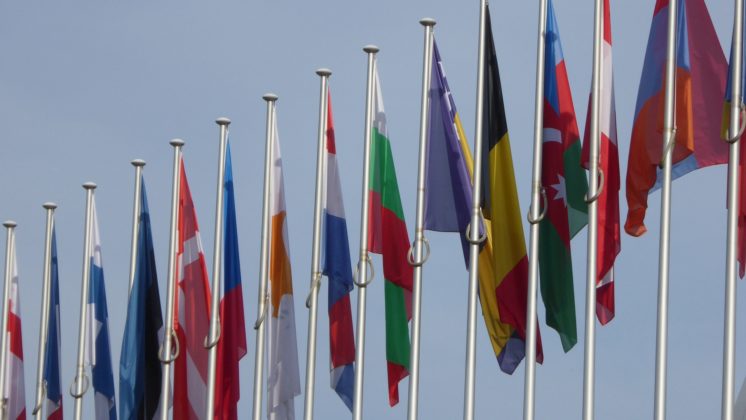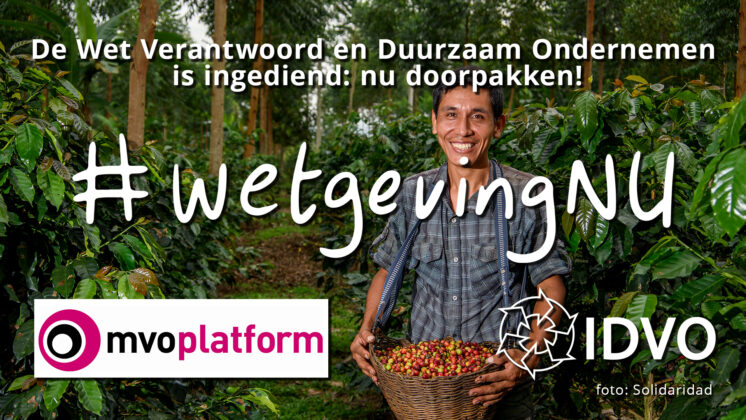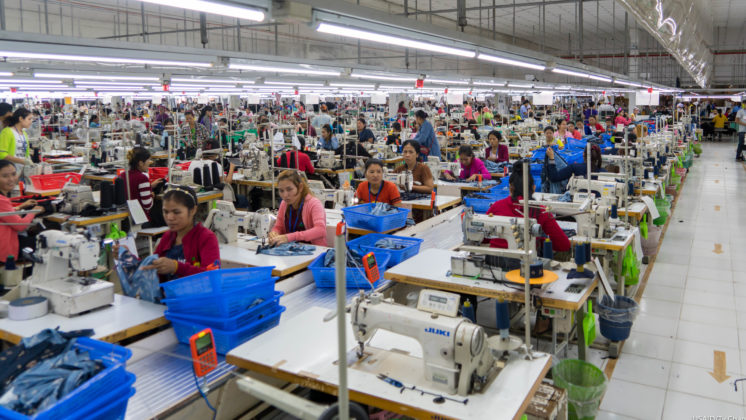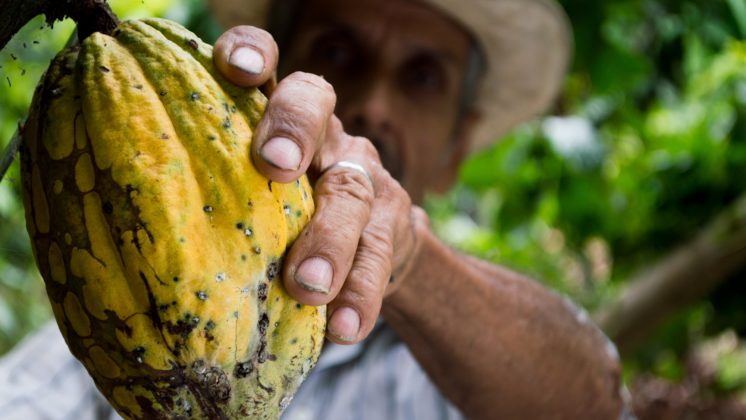Amsterdam, 14 May 2019
 Photo: Rijksvastgoedbedrijf_Corne Bastiaansen Wikimedia CC
Photo: Rijksvastgoedbedrijf_Corne Bastiaansen Wikimedia CCToday the Dutch Senate voted to adopt the Child Labour Due Diligence Bill. In doing so, the Netherlands demonstrates that it is serious about combating child labour in global supply chains. When the law enters into force, Dutch companies will have to declare that they have addressed the issue of child labour in their supply chains. By legislating minimum requirements for responsible business conduct, the Netherlands stands out as a frontrunner in the international trend towards mandatory human rights legislation.
Businesses, research institutions and civil society organisations all agree that child labour is a grave problem and that various policy measures are necessary to combat it.[1] Until now, Dutch government policy consisted of encouraging companies to address supply chain problems voluntarily, including the issue of child labour. Unfortunately, this voluntary approach has thus far proved to be far from effective.
Therefore, in February 2017 the Dutch Lower House passed the Child Labour Due Diligence Bill. This law requires companies to identify, prevent and if necessary address the issue of child labour in their supply chains. Now the Senate has voted to adopt the law, all companies must declare that they will make efforts to address these problems.
Effectiveness
“A legal obligation requires more companies to take responsibility”, stated Gisela ten Kate, coordinator of the MVO Platform. “The Child Labour Due Diligence Act helps well-meaning businesses because it creates a level playing field, encourages open discussion on the issue and leads to greater transparency. Other types of governmental policy, such as the Dutch voluntary Responsible Business Conduct (RBC agreements or ‘covenants’), can support companies in meeting their obligations.”
It is now up to the government to elaborate a number of important elements of the Act, in the form of General Administrative Orders (‘Algemene Maatregelen van Bestuur’, AMvBs). The law’s effectiveness will partially depend on the further specification of these elements. “The MVO Platform calls on the government to ensure, through these General Administrative Orders, that the law applies to a large scope of businesses, as child labour takes place in supply chains of both large and small companies in a wide range of sectors. Strict enforcement of businesses’ compliance with the law is also of great importance”, stated Ten Kate.
Broad due diligence legislation
In addition to child labour, companies should also be required to address other risks of negative impacts on labour standards, human rights and the environment in their supply chains. The MVO Platform therefore calls on the Dutch government to promptly investigate the possibility of broad due diligence legislation that is in accordance with the OECD Guidelines for Multinational Enterprises.
See the FAQ about the Dutch Child Labour Due Diligence Law.
[1] As stated, for example, at the expert meeting on the Child Labour Due Diligence Bill organised by the Dutch Senate on 3 October 2017.




